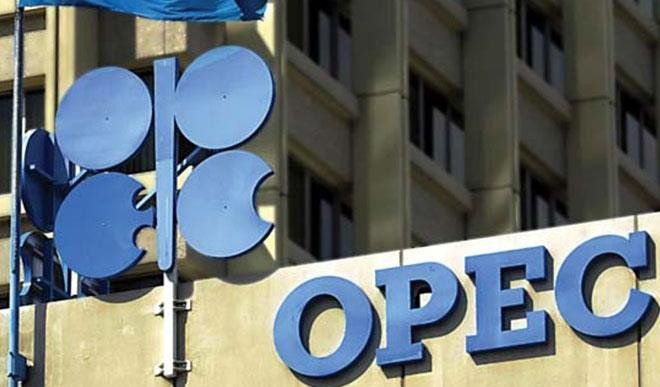The Organisation of Petroleum Exporting Countries says Nigeria can continue to supply crude oil to the global market uninterrupted as it will continue to enjoy exemption from the oil production cuts agreed on by members and non-members.
This is the outcome of the joint ministerial monitoring committee of OPEC and non-OPEC countries which held in Vienna on Friday.
Members of OPEC first agreed to an oil production cut in December 2016, with Nigeria and Libya getting exemptions to enable them stabilise production in their countries.
Minister of state for Petroleum Resources, Emmanuel Kachikwu, who led Nigeria’s delegation to the meeting, argued that though Nigeria’s production recovery efforts have made some appreciable progress since October last year, Nigeria is not yet out of the woods.




